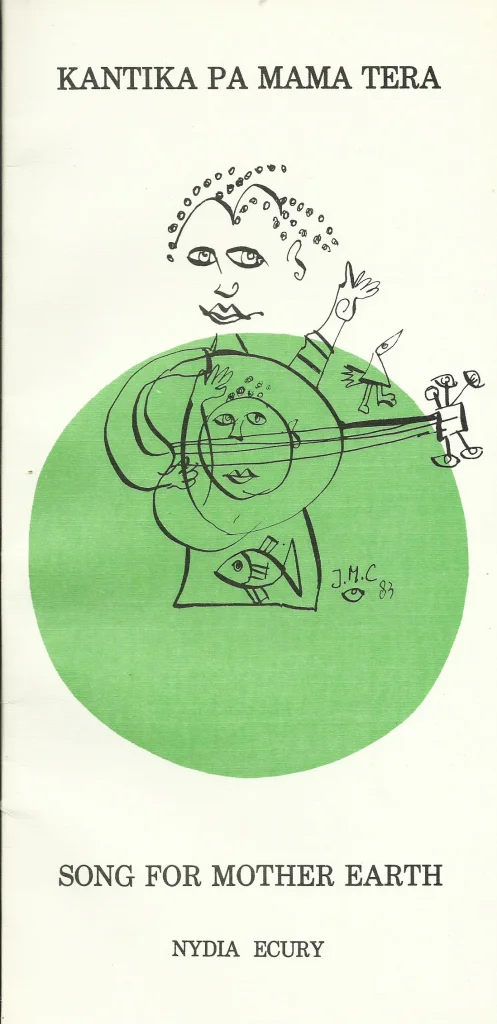Antigua and Barbuda: The Autobiography of my Mother (Jamaica Kincaid)
The Autobiography of My Mother (published by Farrar, Straus, Giroux) is the third novel of Kincaid. Kincaid was born in Antigua, and after the births of her younger brothers, was somewhat neglected even after proving herself as a top intellect in her schooling. A seventeen she was sent to New York to work as an au pair, during which time she cut herself off from her family for 20 years. She is currently Professor of African and African American Studies at Harvard.
Background: The sovereign state of Antigua and Barbuda is made up of two islands, the former of which was originally settled around 3100 BC by Amerindians. Eventually they were replaced by the Arawaks, who introduced agriculture and left by around 1100 AD. The islands were later raided by the Caribs, who possessed more advanced weaponry and ships. Early attempts at European settlement failed due to the Caribs excellent defense, although the English were finally successful in 1632. Many plantations were set up, and African slaves were brought in (as well as native slaves). Disease from the Europeans and Africans, slavery, and poor diet resulted in the deaths of most of the native population. After several slave rebellions, Britain eventually freed most of its slaves in 1834, but not in Barbuda, so the island freed its slaves on its own. Even after the ending of slavery, most emancipated people were still highly dependent on their former plantation masters. In 1981, the islands gained complete independence, although they remain part of the Commonwealth of Nations. Hurricane Irma destroyed or severely damaged 95% of the Barbuda's infrastructure, so almost the entire population has been evacuated to Antigua.
This is an incredibly intense book. The story is told from the perspective of Xuela Claudette Richardson as she recounts her life. Xuela grew up on Dominica (another island nation), her mother dead, her father absent as he gains power and becomes cruel and wealthy. Xuela has an affair with a friend of her father's at age 14, aborting her child, which acts an instigator to cultivate a life of infertility even after later marrying a European doctor. Xuela is filled with self-hatred, anger, contempt. Kincaid's prose is vivid, angry, and impossible to put down. Xuela's pain and deep unhappiness, emotional walls are made so plain, even the reader feels pushed away by her extreme sense of isolation. The trauma that Xuela experiences marks her for life, and it is a good reminder that when the unbearable is forced to be borne, even one's soul can be torn asunder. Brilliant.






